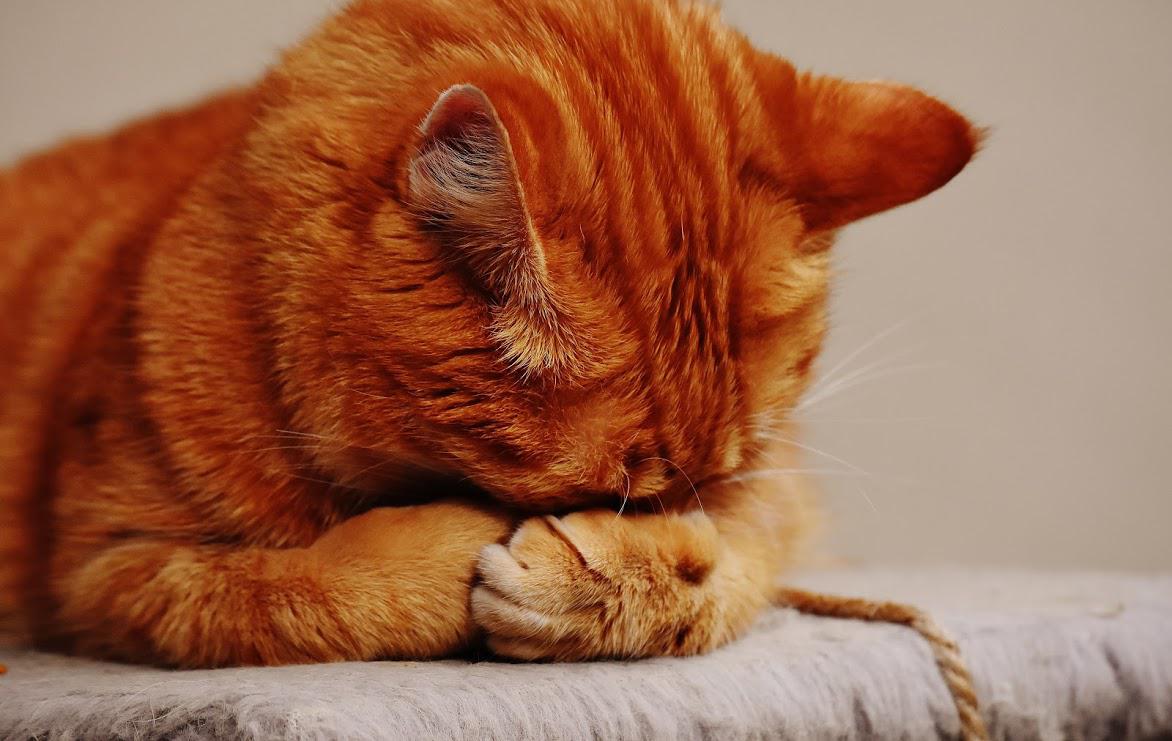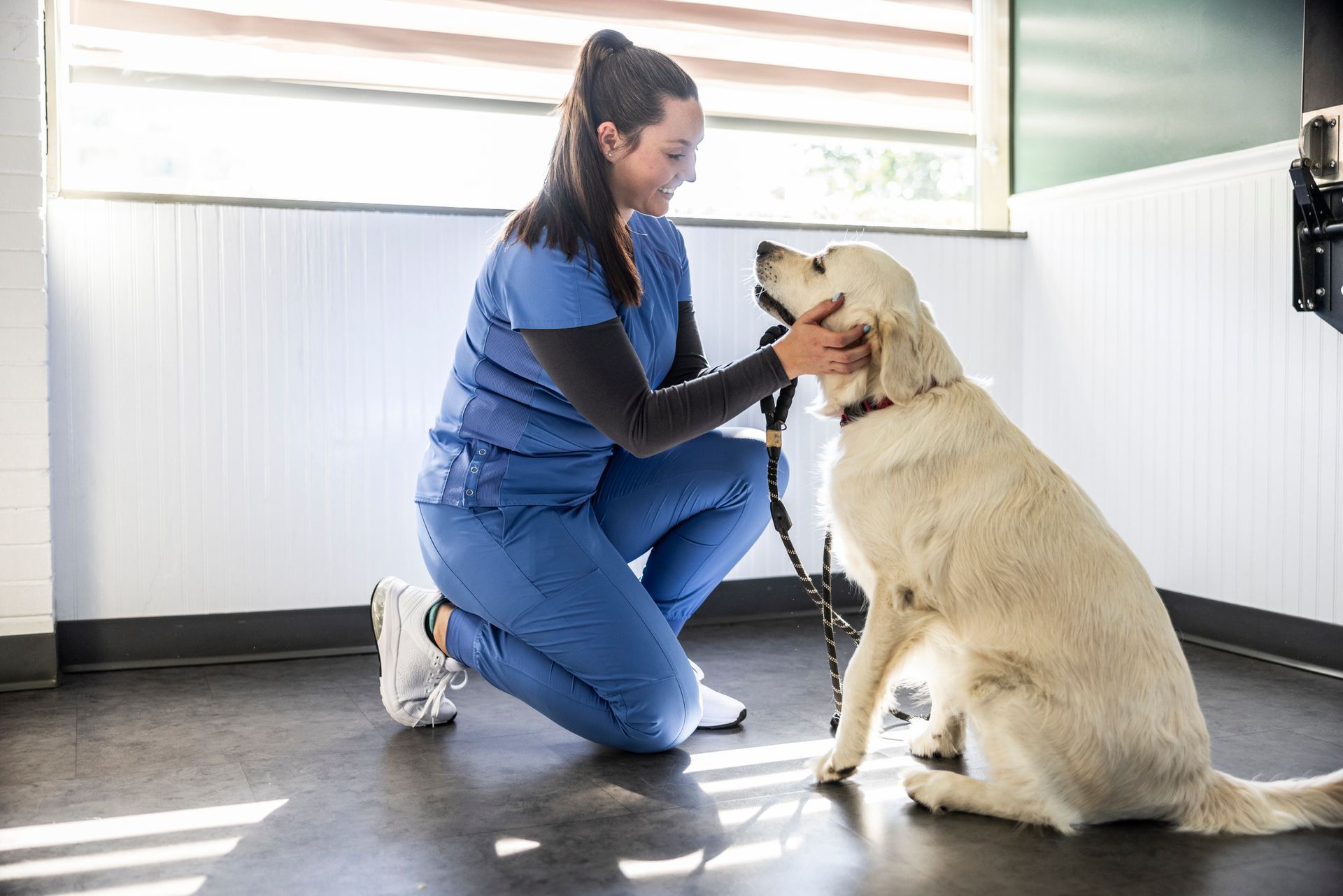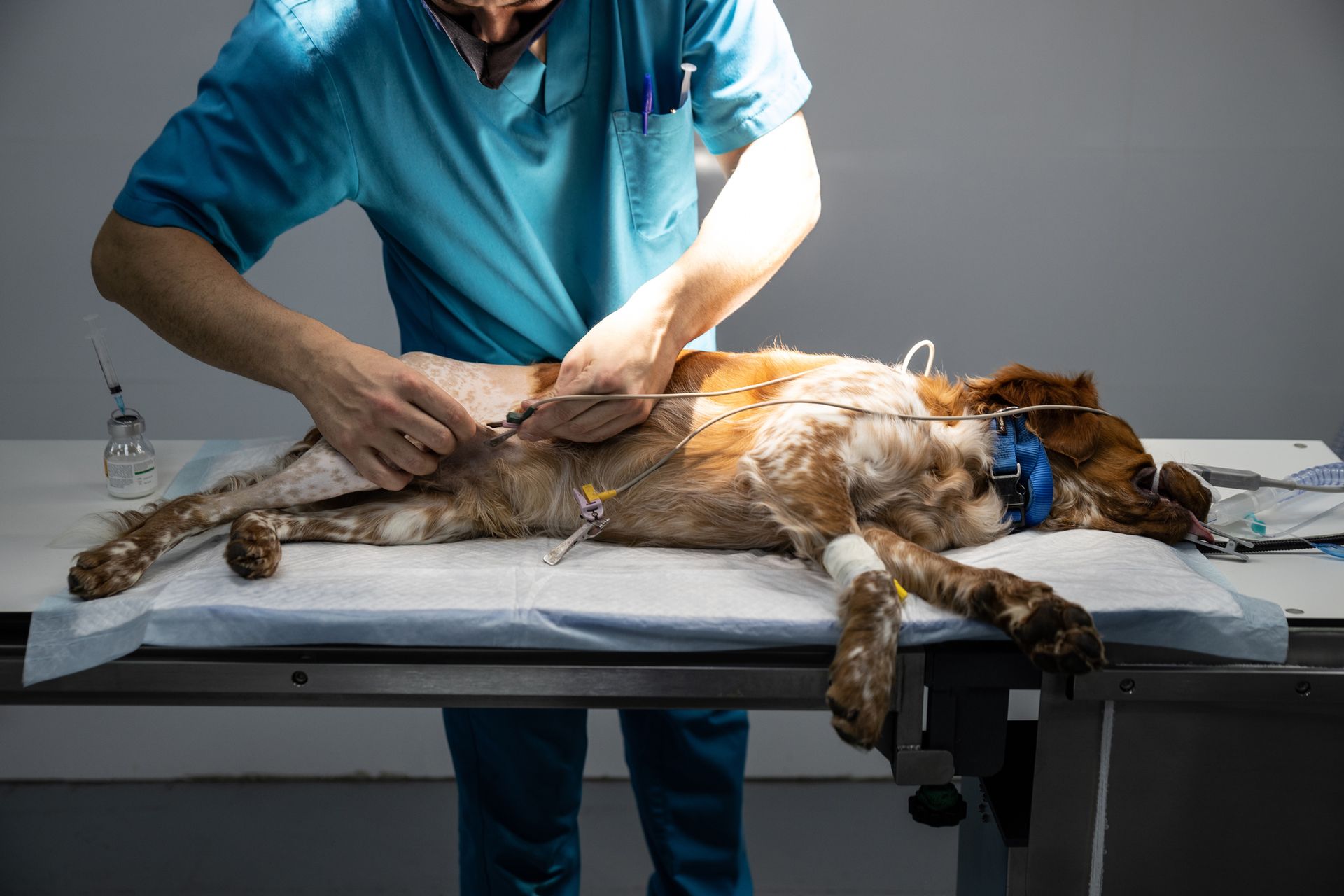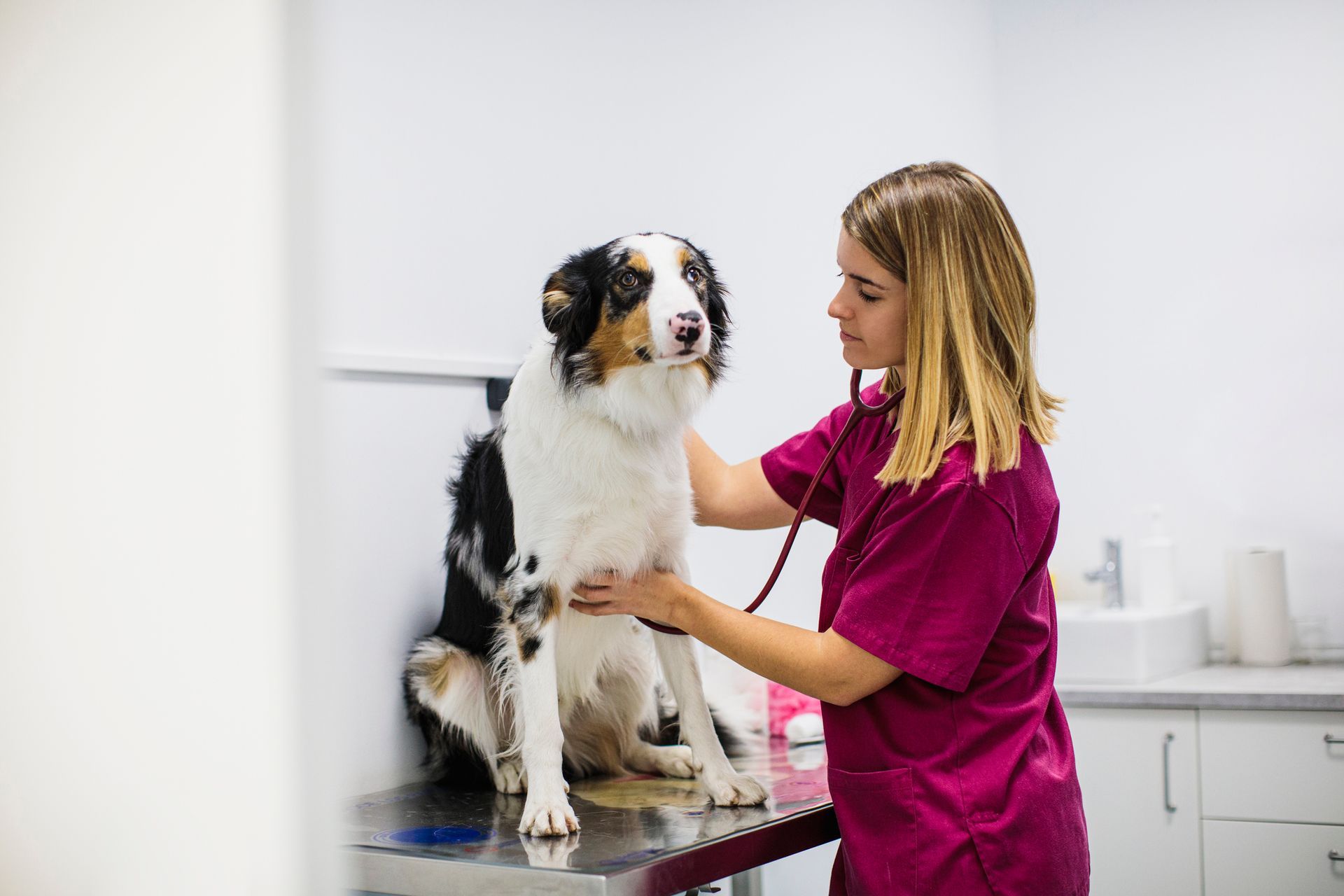Why Is Your Cat Throwing Up?
Vomiting
in cats is not a good sign, but it's not always an emergency, either.
Whether your cat vomits on a rare occasion or has begun to vomit
often, your responsibility as an owner is to pay attention. With
careful observation and a little knowledge, you can determine the
most likely causes of your cat's vomiting, and then judge whether he
or she needs immediate veterinary attention.
To get started, take a look at these common causes of vomiting in cats so that you know how to help.
Eating Too Much or Too Fast
Did your cat vomit just a few minutes after eating? This behavior is known as regurgitation, and it often says more about your cat's eating habits than about his or her health. Cats who eat too quickly or consume too much food at a time may regurgitate their food simply because its volume stretches their stomach uncomfortably.
Cats may eat too quickly, resulting in regurgitation, when there is too much competition with other cats for food. Feed your cats separately to see if this fixes the issue. Also try feeding your cat smaller meals more often, so he or she is less able to overeat. When transitioning a cat to a new food, do so slowly over a period of one week to prevent regurgitation.
Kidney Disease
If your cat is older and has begun to vomit more often, kidney disease may be to blame. About 3 in 10 geriatric cats develop kidney disease, a condition in which the kidneys no longer are able to effectively filter the blood and produce urine. Other symptoms of chronic kidney disease include increased urination, weight loss, bad breath, increased thirst, and a decreased appetite.
Your vet can diagnose kidney disease with a series of blood tests. Many cases can be managed with specialized diets. Once your cat's kidney disease is under control, you should notice a reduction in symptoms like vomiting.
Poison Ingestion
If your cat is also drooling, seems lethargic, has pale gums, or is acting nervous and hyper, he or she may have ingested a poison. Many substances are poisonous to cats, from rat poison to cleaning solution. Take a look around your home for any indication of what your cat may have consumed, and head to the emergency vet immediately if you suspect poisoning.
Treatment and prognosis for poisoning depends on what your cat ingested, but the sooner you seek treatment, the better your chances of a positive outcome.
Intestinal Obstructions
An intestinal obstruction occurs when something gets caught in your cat's intestines, which prevents food from passing through. The offending material could be a piece of plastic or material that your cat ingested while playing. It could also be normal foodstuffs or parasites. In addition to vomiting, symptoms of an intestinal blockage include:
- Sluggishness
- Anorexia (refusal to eat)
- Diarrhea
- Weight loss
Intestinal obstructions call for professional veterinary treatment. Your vet can diagnose and locate an obstruction by sending a tiny camera down into your cat's digestive tract. Most obstructions must be removed surgically.
Roundworms
Roundworms are parasitic worms that may live in your cat's intestines. Cats may contract roundworms if they come into contact with the feces of an infected cat. Roundworms can also be passed from a mother cat to her kittens. Some cats do not show any symptoms of roundworms, but kittens may vomit and develop a pot-bellied appearance when infected with these worms.
If your cat has roundworms and vomits, you may see some of the actual worms in the vomit or in their feces. They're light brown or cream in color, and they look a bit like spaghetti noodles. Roundworms can lead to intestinal obstructions and poor body conditions overall, so treatment is important. Your vet can administer a deworming medication or prescribe one for you to administer at home.
Hairballs
If your cat vomited up what looks like a ball or clump of hair, this is probably a hairball. Some owners assume hairballs are just part of cat ownership. However, while a hairball is not an emergency situation, it's not healthy for your cat to vomit up hairballs. Hairballs can cause life-threatening intestinal blockages, so you should take measures to prevent them.
Especially if your cat has long hair, grooming them more often will help prevent hairballs. Your vet may also recommend a cat food formulated with more fiber, which helps encourage hair to pass through the digestive tract.
If your cat vomits, do some investigating to determine the likely cause. Occasional vomiting often just means that your cat is eating too quickly, but if you suspect something more sinister is at play, then make an appointment with your vet. Contact South Seattle Veterinary Hospital if you're looking for a new vet in the Seattle area. We offer 24-hour emergency services for your furry companions.











